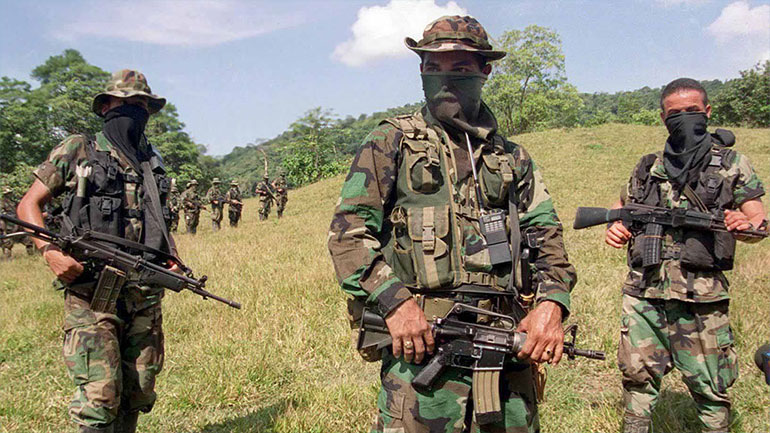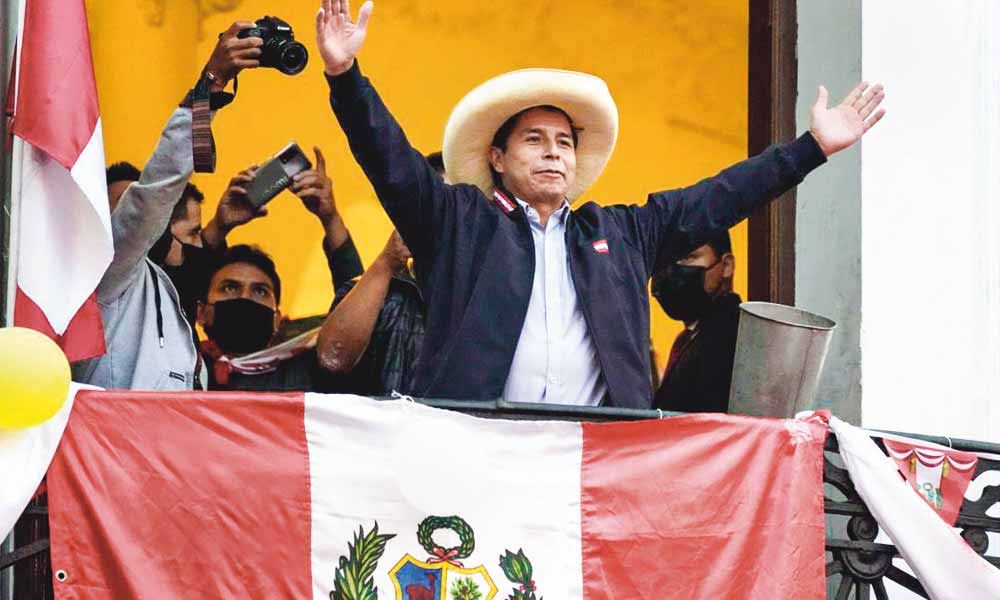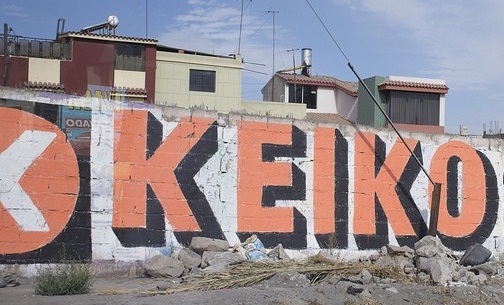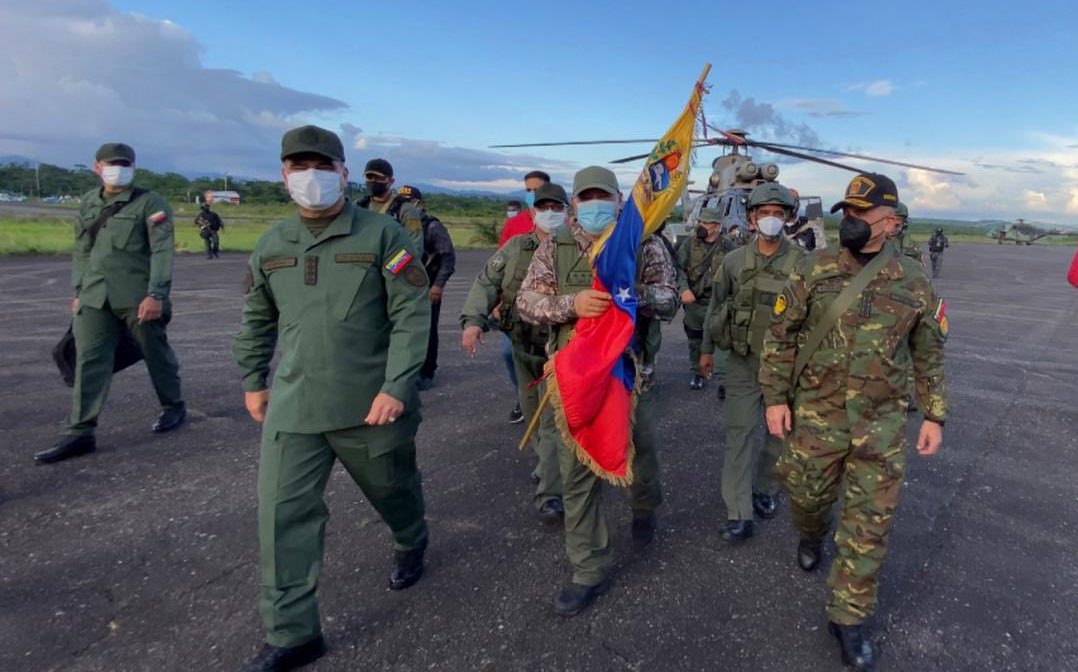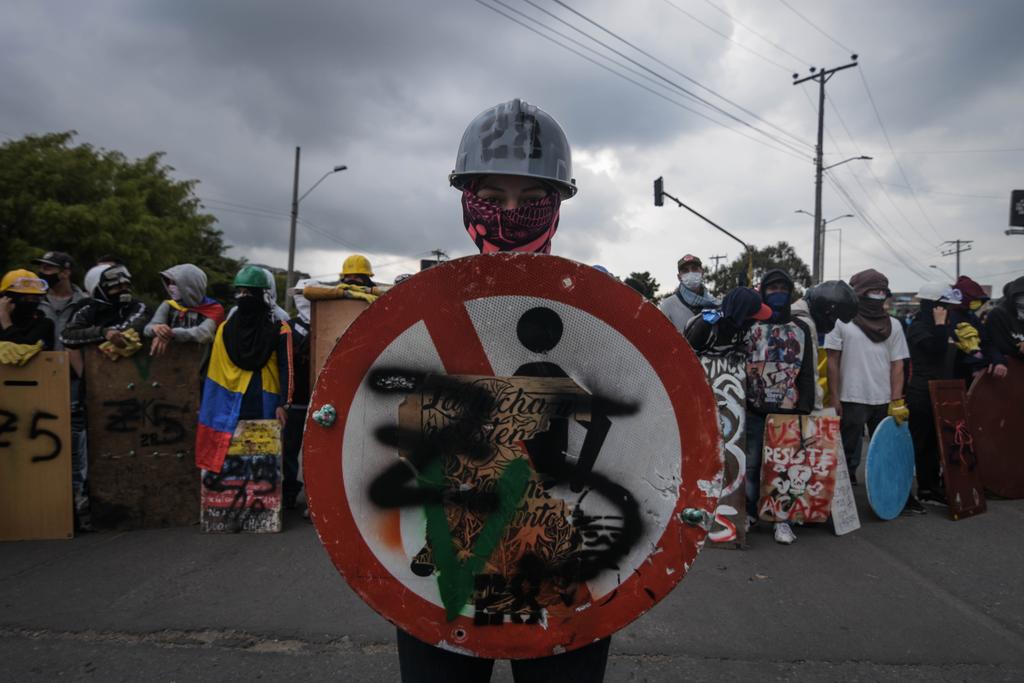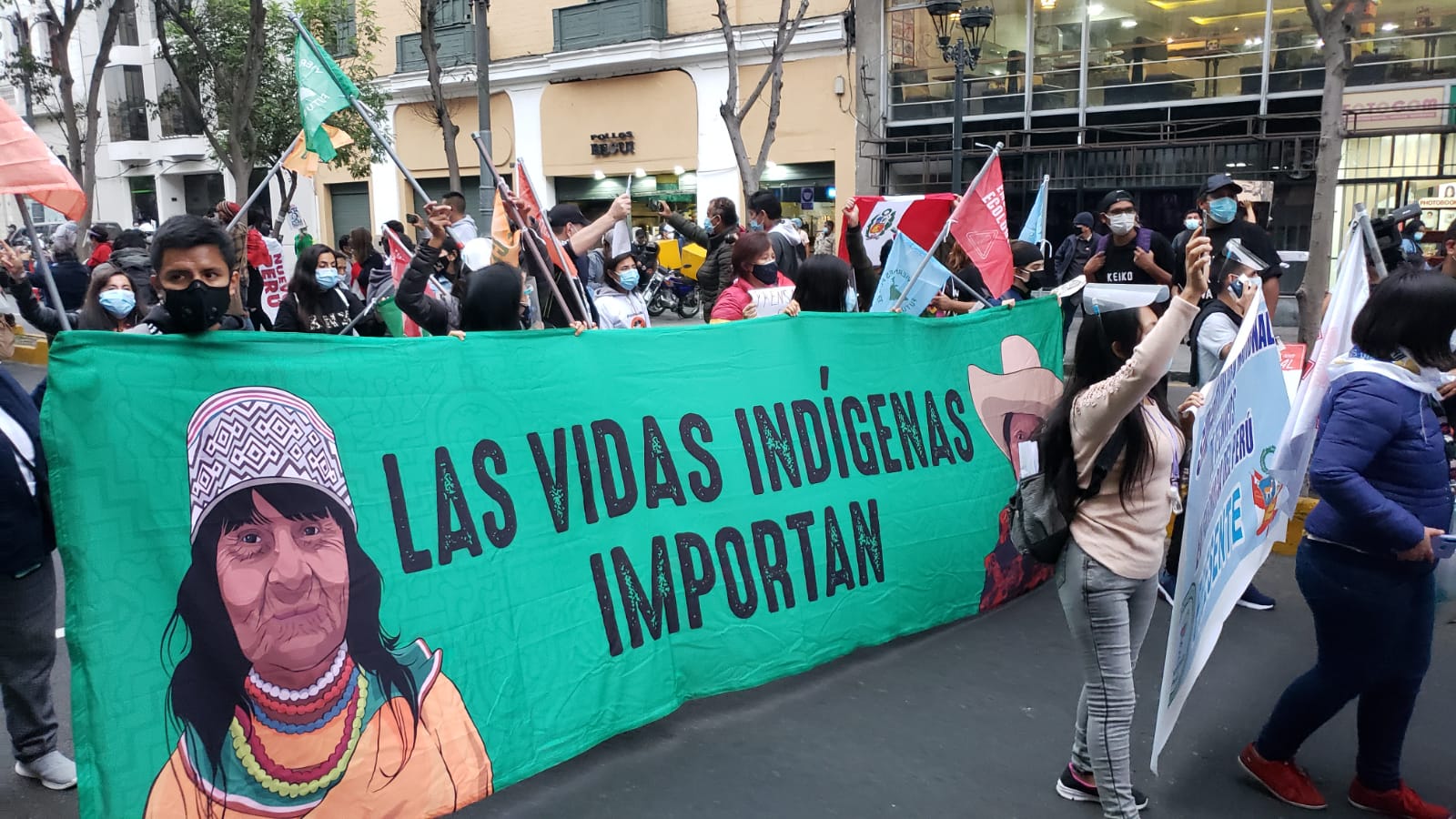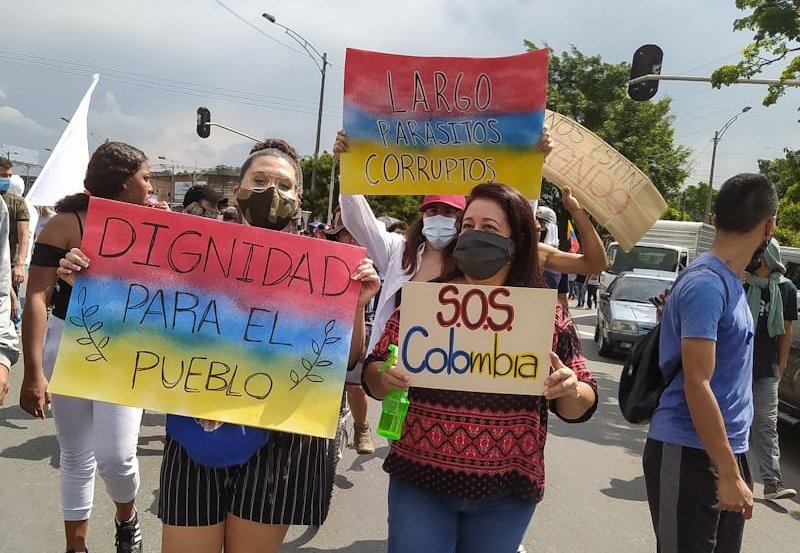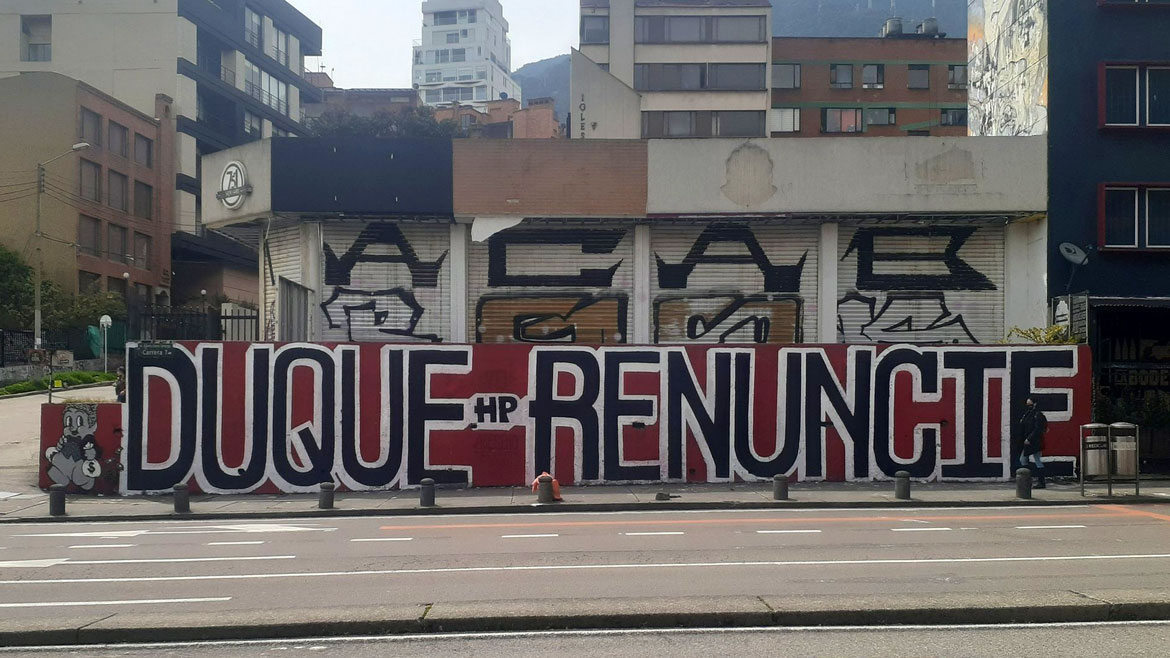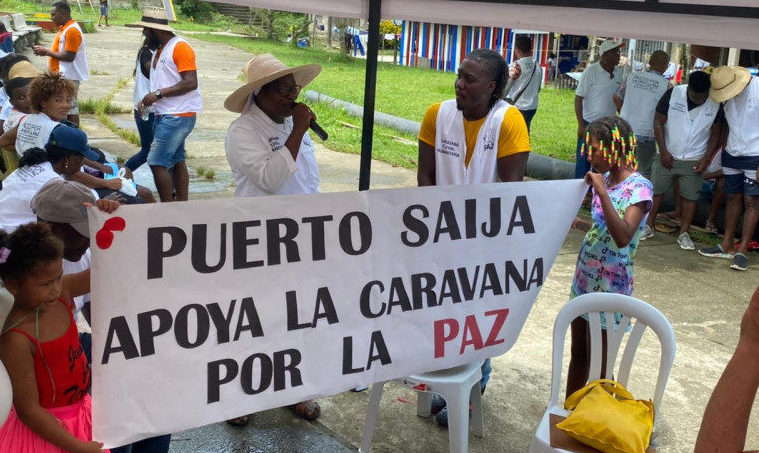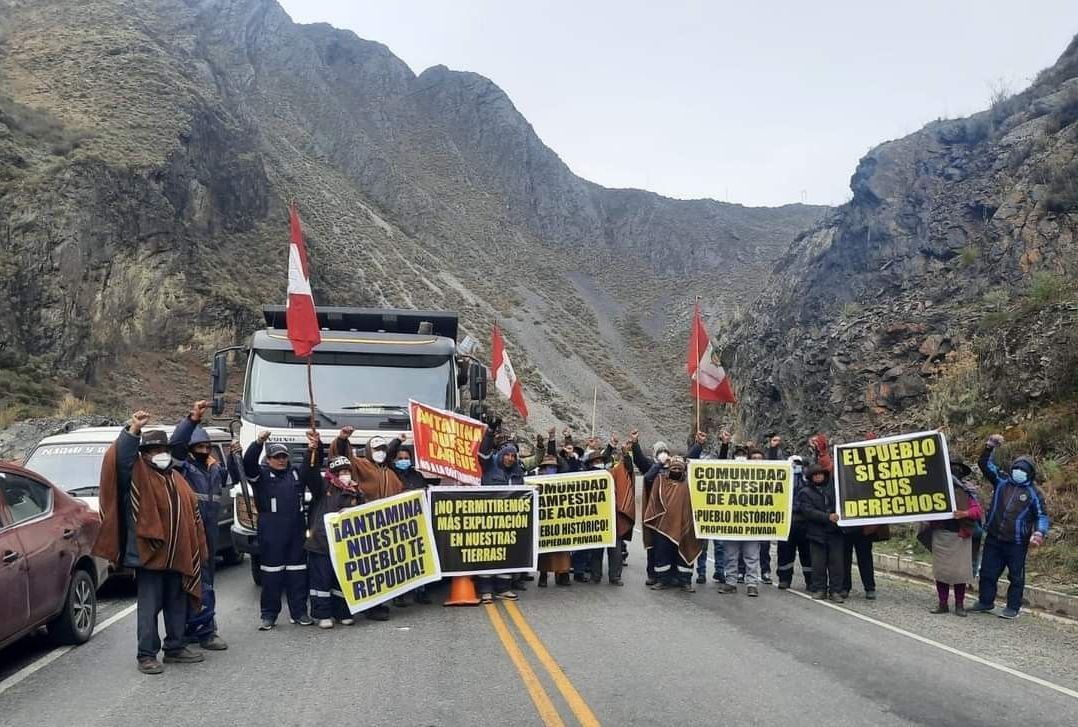
Protests shut down Peru’s largest copper mine
Peru’s massive Antamina copper mine had to halt operations due to protest blockades on an access road by local campesinos. The company, owned by multinationals BHP Billiton and Glencore, urged the government “to restore order” and open dialogue with the protesters, stating that as long as “these conditions are not met, we cannot continue to operate.” Residents of the local communities charge that Antamina “usurped” campesino lands for the project, which bring no benefit to the community. After a week of blocking the access roads, the campesinos agreed to lift the protest following intercession by the Ministry of Energy & Mines. However, they pledged to maintain the blockades until Antamina signs a formal agreement recognizing them as dialogue partners. (Photo via MercoPress)



